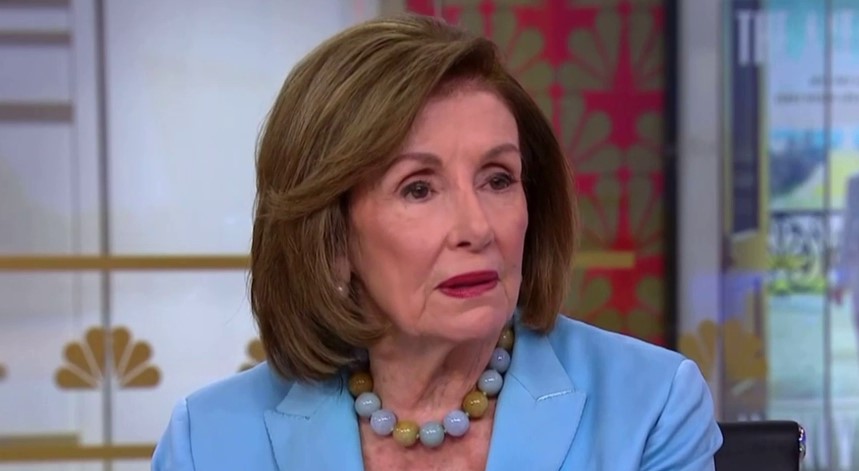In a recent interview with The Guardian, former House Speaker Nancy Pelosi revealed that she has not had any communication with President Joe Biden since she played a role in pressuring him to drop out of the 2024 presidential race earlier this summer. Pelosi expressed that her primary concern is winning the election, indicating that her actions were driven by a desire to ensure the Democratic Party’s success. Despite her insistence that she was not part of an explicit pressure campaign, Biden previously stated that he felt significant pressure from colleagues to reconsider his candidacy. Pelosi’s decision to advocate for Biden’s withdrawal reflects a broader strategic outlook focused on the electoral implications and the party’s future, reinforcing her long-standing dedication to Democratic supremacy.
Pelosi articulated her respect for Biden, acknowledging his contributions as one of the country’s “great consequential presidents.” However, she seemed to recognize a tension stemming from her actions, suggesting that Biden may feel unsettled about the fallout of the situation. This acknowledgment underscores the personal dimensions of political maneuvering, as longstanding friendships can complicate professional decisions. She framed her intervention as an effort to “protect” his legacy, indicating that she believed his path in the election wasn’t aligned with what was best for both him and the party. The emotional weight of their decades-long friendship adds layers to the political calculus, highlighting the personal sacrifices involved in high-stakes political decisions.
While she maintained a public stance of deliberation and strategic alignment, Pelosi’s statements suggest an awareness of unrest within Biden’s circle. She admitted that some individuals around the president may not have forgiven her for her direct role in influencing the decision for him to bow out. This acknowledgment points to the potential rifts that can form within political alliances, particularly when career aspirations and personal relationships are at odds. Pelosi’s earlier commitment to a Democratic victory drives her actions, yet it raises questions about the cost of such decisions on interpersonal relationships within the party.
In the interview, Pelosi emphasized the importance of choosing a candidate capable of winning and asserted her commitment to ensuring that Donald Trump does not return to the White House in any capacity. Her remarks reflect a strategic mindset, prioritizing electoral victory and party unity over any lingering personal ties. In her view, every aspect of the campaign—from mobilization efforts to financial resources—needs to be aimed at securing a win. This commitment echoes a broader sentiment within the Democratic Party as they grapple with defining their identity and message leading into a critical election cycle.
The relationship between Pelosi and Biden appears strained, as evidenced by their lack of communication following the turbulent summer. Pelosi’s pledge to protect the Democratic legacy while strategically deciding on candidate viability creates a complex narrative about the priorities of party leadership. While she asserts that her intentions are purely about ensuring Democratic success, the repercussions of her actions have undoubtedly influenced her rapport with Biden and his associates. This political maneuvering exemplifies the intricate balance leaders must strike between personal relationships and party objectives.
Ultimately, Nancy Pelosi’s revelations encapsulate the intricate web of friendships, political strategy, and the relentless pursuit of electoral success that defines modern American politics. Her focus on the Democratic Party’s dominance reveals a broader narrative about the sacrifices leaders are willing to make in the name of their convictions. As the election looms, the implications of her decisions and the potential for reconciliation within the party will play a crucial role in shaping the political landscape ahead. With uncertainty surrounding Biden’s candidacy and the willing acceptance of bold moves from party leaders like Pelosi, the upcoming election cycle promises to be both transformative and contentious within the Democratic Party.

